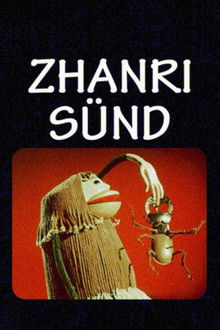The birth date of film can be established: December 28, 1895. The place where it happened is also known: Paris, Boulevard des Capucines, Grand Caffe. It is also known who did it first: Louis Lumiere. However, the history of film starts in distant, almost unknown times: from drawings of cave people, through reliefs from Egyptian times, to the discovery of photography. Development of film technique: silent film, sound film, color film. Development of film expression: film as a recording of reality, film as an interpretation of reality, film as fiction or new reality. Development of film as an industry.
Related Movies
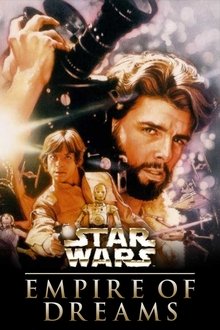
Empire of Dreams: The Story of the Star Wars Trilogy (2004)
From the earliest versions of the script to the blockbuster debuts, explore the creation of the Star Wars Trilogy.
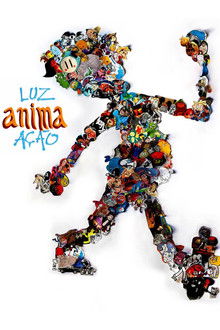
Between Frames: The Art of Brazilian Animation (2013)
Nearly century-old history, Brazilian animation brings rich and stimulating stories and characters that built the path until nowadays.
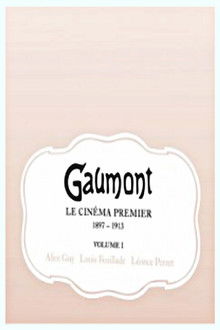
GAUMONT Le Cinéma Premier 1897-1913 Volume 1 (2008)
A HERITAGE FINALLY REVEALED 3 directors, around a hundred films, 17 hours of programming, numerous supplements, original music and an accompanying booklet. 7 DVD BOX Unpublished works of very different styles, which show how these first works were decisive for the history of world cinema. This first volume is devoted to three authors-directors: Alice Guy, the world's first female filmmaker. Louis Feuillade, the famous director of Fantômas, Les Vampires and Judex. Léonce Perret to whom we owe “priceless plastic discoveries and research” according to Henri Langlois.
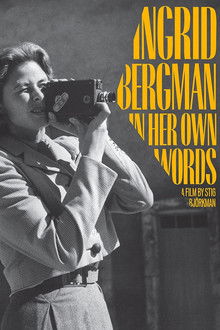
Ingrid Bergman: In Her Own Words (2015)
A personal and captivating account of the extraordinary life and work of Ingrid Bergman (1915-82), a young Swedish woman who became one of the most celebrated actresses in world cinema.
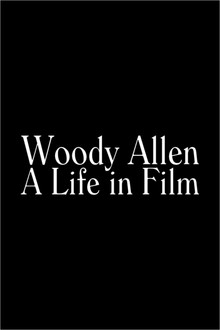
Woody Allen: A Life in Film (2002)
An account of the life and work of US filmmaker Woody Allen as told by himself.
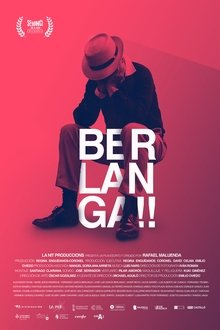
Berlanga!! (2021)
How does the vision of the brilliant Spanish filmmaker Luis García Berlanga (1921-2010) remain relevant in a time whose popular culture has little to do with his own? Since to understand the secrets of an artist it is essential to know the person behind, his family, his friends, his collaborators, as well as prestigious filmmakers and actors trace a collective portrait of a creator as singular as he is universal.
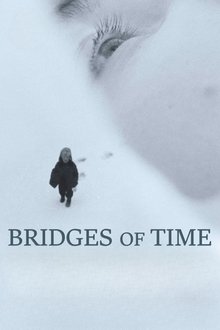
Bridges of Time (2018)
At the beginning of the 1960s, when the French pioneers of cinéma vérité set out to achieve a new realism, and when direct cinema in Québec began to vie for notice, the Baltics wit-nessed the birth of a generation of documentarists who favored a more romantic view of the world around them. This meditative documentary essay – from a Latvian writer and Lithuanian director whose composed touch has long dovetailed with the stylistically diverse works of the Baltic New Wave – pushes adroitly past the limits of the common his-toriographic investigation to create a portrait of less-clearly remembered filmmakers. The result is a consummate poetic treatment of the ontology of documentary creation. Also a cinematic poem about cinema poets.

Michael Douglas: The Prodigal Son (2023)
As the eldest son of the legendary actor and producer Kirk Douglas (1916-2020), it was not easy for Michael Douglas to make his way in Hollywood and, like his father, become a recognized actor and a prestigious producer.
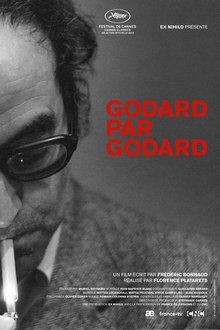
Godard by Godard (2023)
Godard by Godard is an archival self-portrait of Jean-Luc Godard. It retraces the unique and unheard-of path, made up of sudden detours and dramatic returns, of a filmmaker who never looks back on his past, never makes the same film twice, and tirelessly pursues his research, in a truly inexhaustible diversity of inspiration. Through Godard’s words, his gaze and his work, the film tells the story of a life of cinema; that of a man who will always demand a lot of himself and his art, to the point of merging with it.
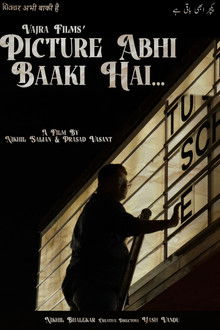
Picture Abhi Baaki Hai... (2023)
A memoir celebrating yesteryears of cinema and how silver screen has evolved over the years, this documentary is ode to cinema by the audience, for the audience.

Skin: A History of Nudity in the Movies (2020)
The definitive documentary on the history of nudity in feature films from the early silent days to the present, studying the changes in morality that led to the use of nudity in films while emphasizing the political, sociological and artistic changes that shaped that history. Skin will also study the gender inequality in presenting nude images in motion pictures and will follow the revolution that has created nude gender equality in feature films today.
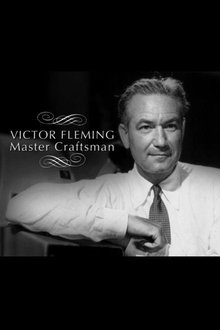
Victor Fleming: Master Craftsman (2009)
A documentary on the life and career of Victor Fleming, director of such iconic movies as The Wizard of Oz and Gone with the Wind.
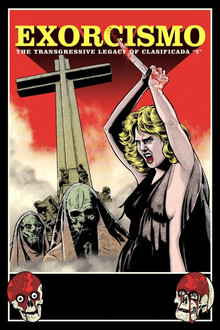
Exorcismo: The Transgressive Legacy of Clasificada “S” (2024)
Spain, 1975. Franco's death opens the door to the possibility of uncensored cinema. After two years of relaxed censorship, it is abolished in 1977, and the “S” rating is created to protect viewers from films that may “offend their sensibilities.”

I huvet på Per Åhlin (2019)
A portrait of Per Åhlin, who has been called the father of Swedish animation. Meet the man who created The Sagan om Karl-Bertil Jonsson's Christmas Eve, Dunderklumpen, Resan till Melonia and Hundhotellet, and who for decades had a close collaboration with Hasse & Tage.

Harry Potter 20th Anniversary: Return to Hogwarts (2022)
An enchanting making-of story told through all-new in-depth interviews and cast conversations, inviting fans on a magical first-person journey through one of the most beloved film franchises of all time.
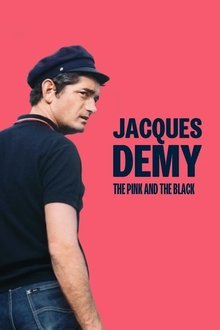
Jacques Demy: The Pink and the Black (2024)
Jacques Demy’s ability to enchant audiences was rooted in his personal struggles and doubts as a showman, establishing him as one of French cinema’s greatest artists.
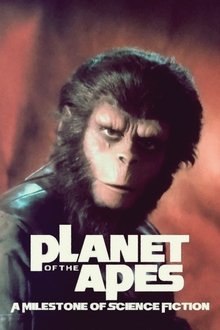
Planet of the Apes: A Milestone of Science Fiction (2024)
Since its release in 1968, Planet of the Apes, the masterful film directed by Franklin J. Schaffner and starring Charlton Heston, and its subsequent sequels have asked its viewers challenging questions about contemporary society under the guise of a bold science fiction saga: a fascinating look at a hugely successful pop culture phenomenon.


